Why can negative emotions and emotional disturbances cause strokes?
According to Dr. Nguyen Thi Thu Trang, Department of Neurology, Thu Duc General Hospital (Ho Chi Minh City), when experiencing stress and negative emotions, the body activates a series of physiological responses starting in the brain and affecting the entire body, including:

When angry, the body releases substances that cause a sudden increase in blood pressure, a rapid heart rate, arrhythmias, and severe vasoconstriction.
Illustration: AI
Overactivation of the sympathetic nervous system : When angry or anxious, the body releases substances that cause a sudden increase in blood pressure, rapid heart rate, arrhythmias, and severe vasoconstriction.
Increased systemic inflammatory response : Chronic stress causes the immune system to become overactive, producing more inflammatory cytokines, which contribute to atherosclerosis and thrombosis formation.
Increased risk of blood clots : Prolonged stress increases the likelihood of blood clotting, with platelets becoming more sticky. When blood vessels are already narrowed due to atherosclerosis, even a tiny blood clot can block the blood flow to the brain.
Metabolic disorders : Long-term high cortisol levels lead to hyperglycemia, hyperlipidemia, and overweight, especially abdominal fat.
This can easily lead to unhealthy behaviors : poor sleep, alcohol/caffeine abuse, irregular eating habits, and lack of exercise—all of these factors increase the risk of stroke.
Furthermore, according to Dr. Ngo Thi Kim Oanh, a physician at the University Medical Center of Ho Chi Minh City - Branch 3, this also has deeper roots in the Yin-Yang and organ system theories of traditional medicine.
Specifically, emotions are closely related to the internal organs: Anger harms the liver, worry harms the spleen, sadness harms the lungs, fear harms the kidneys, and excessive joy harms the heart. People who are frequently angry are prone to "liver qi stagnation," which over time leads to "liver fire rising," causing blood and qi to rush to the head, resulting in "internal wind" - equivalent to stroke in modern medicine.

Being overweight, obese, and physically inactive significantly increase the risk of recurrent stroke.
Photo: AI
The risk of recurrent stroke increases with negative emotions and an unhealthy lifestyle.
According to Dr. Thu Trang, in modern medicine, the following two factors significantly influence the risk of recurrent stroke:
Lifestyle factors : Overweight or obesity, physical inactivity, smoking, alcohol abuse, and substance abuse.
Chronic diseases : Hypertension, diabetes, hyperlipidemia, cardiovascular disease (heart failure, heart defects, heart infections, or irregular heartbeats such as atrial fibrillation), sleep apnea syndrome.
According to traditional medicine, Dr. Kim Oanh said: "After an illness, the body's vital energy and blood are weakened, and pathogenic factors such as wind, phlegm, and blood stasis have not been completely eliminated. If the weather changes, the diet is irregular, or emotions are suppressed, the disease can easily recur. Patients who have suffered a stroke often have a weak spleen, an overactive liver, and unbalanced vital energy and blood. Therefore, long-term care through diet, exercise, and mental nourishment is necessary."
To prevent this condition, patients need to effectively control risk factors, maintain blood pressure below 130/80 mmHg, stabilize blood sugar and lipid levels, have regular check-ups, and adopt a healthy lifestyle. At the same time, maintaining a calm state of mind and avoiding anger or anxiety is also an effective way to nourish the heart and prevent stroke recurrence.
“Personality and emotions may not change overnight, but learning to control your mood, maintaining a calm state of mind, and cultivating a healthy lifestyle will significantly reduce the risk of stroke and recurrence. In long-term treatment, the combination of modern and traditional medicine not only helps stabilize physical health but also helps patients recover mentally and maintain a better quality of life,” added Dr. Kim Oanh.
Signs that your emotions are "beyond acceptable limits"
According to Dr. Ngo Thi Kim Oanh, when a patient experiences a sudden increase in blood pressure, flushed face, rapid heartbeat, headache, tinnitus, blurred vision, dizziness, or a transient feeling of weakness on one side of the body, it indicates that their emotional state has exceeded safe limits and requires special attention.
Sleep disturbances, prolonged insomnia, anxiety, and restlessness are also early warning signs of neurocardiovascular disorders.
Source: https://thanhnien.vn/thuong-xuyen-gian-du-va-lo-lang-coi-chung-dot-quy-he-tham-185251029003236359.htm











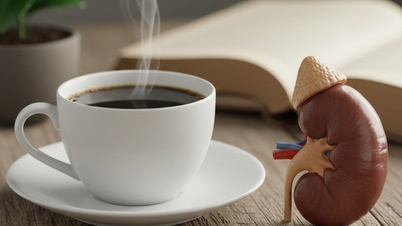


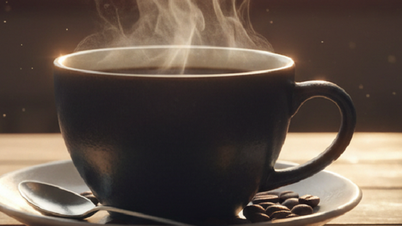

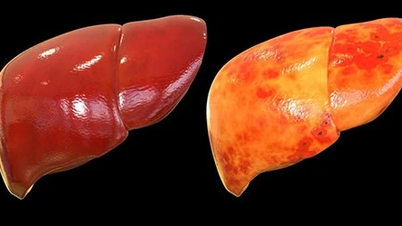

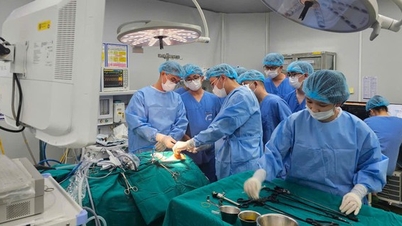



















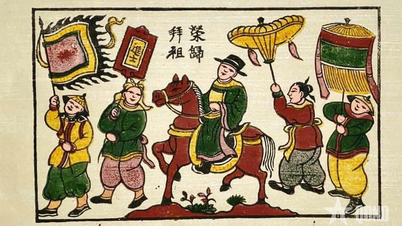




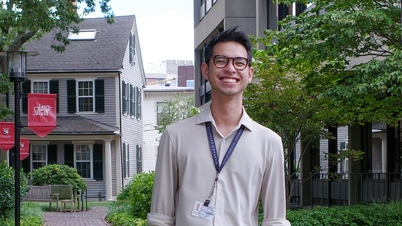








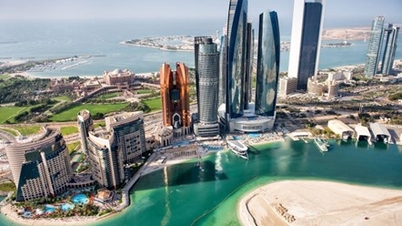



















































Comment (0)